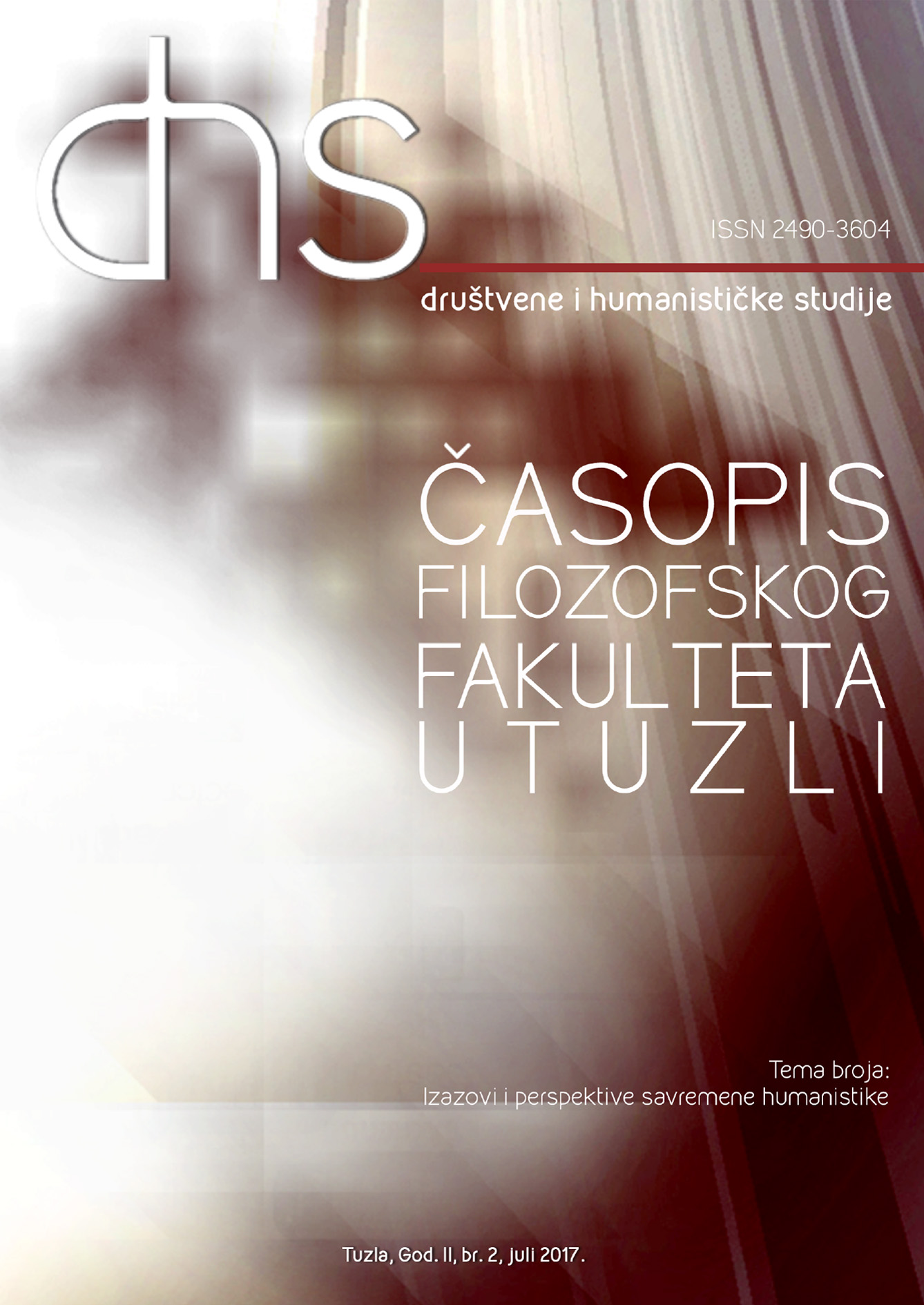Napredak kao evolucija ili revolucija: uloga tradicije i autoriteta u društvu
Progress as an Evolution or Revolution: The Role of Tradition and Authority in Society
Author(s): Mate Penava, Zoran Pervan, Dražen BarbarićSubject(s): Philosophy, History of Philosophy, Epistemology, Contemporary Philosophy, Philosophy of History
Published by: Filozofski fakultet Univerziteta u Tuzli
Keywords: knowledge; authority; tradition; Gadamer; Habermas; Enlightenment;
Summary/Abstract: The concept of knowledge has a long history inside philosophical tradition, but it was particularly emphasized during the Enlightenment. Knowledge and reason were highlighted as being the only waymarks men needed. To emphasize the concept of knowledge, Enlightenment thinkers had contrasted it with concepts of authority and tradition. According to them, these concepts include non-critical and unexamined acceptance of worldviews, which is incommensurable with the concept of man, who needs to think critically about reality and adopt only those views, which are based on critical insight and not on tradition or authority. Hans Georg Gadamer gave a harsh criticism of this view of Enlightenment thinkers, stating that knowledge and authority are not exclusive concepts as authority is gained through knowledge, i.e. through realization that someone has a superior level of knowledge, and not through blind obedience. Gadamer also emphasized that knowledge is not possible without some pre-knowledge or pre-judgments (prejudices) which serve as a foundation for any knowledge.
Journal: DHS-Društvene i humanističke studije: časopis Filozofskog fakulteta u Tuzli
- Issue Year: II/2017
- Issue No: 2
- Page Range: 319-332
- Page Count: 14
- Language: Croatian

